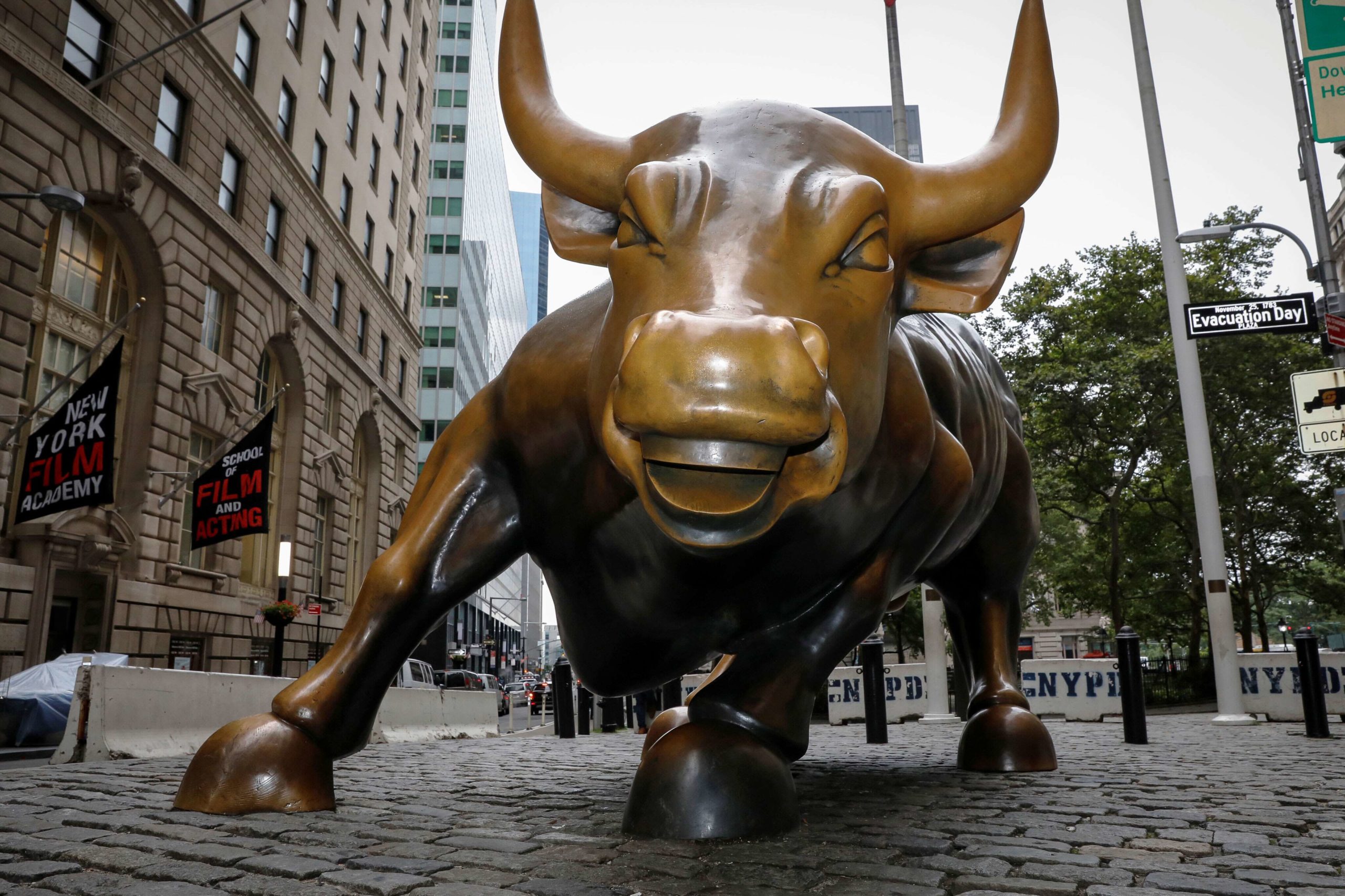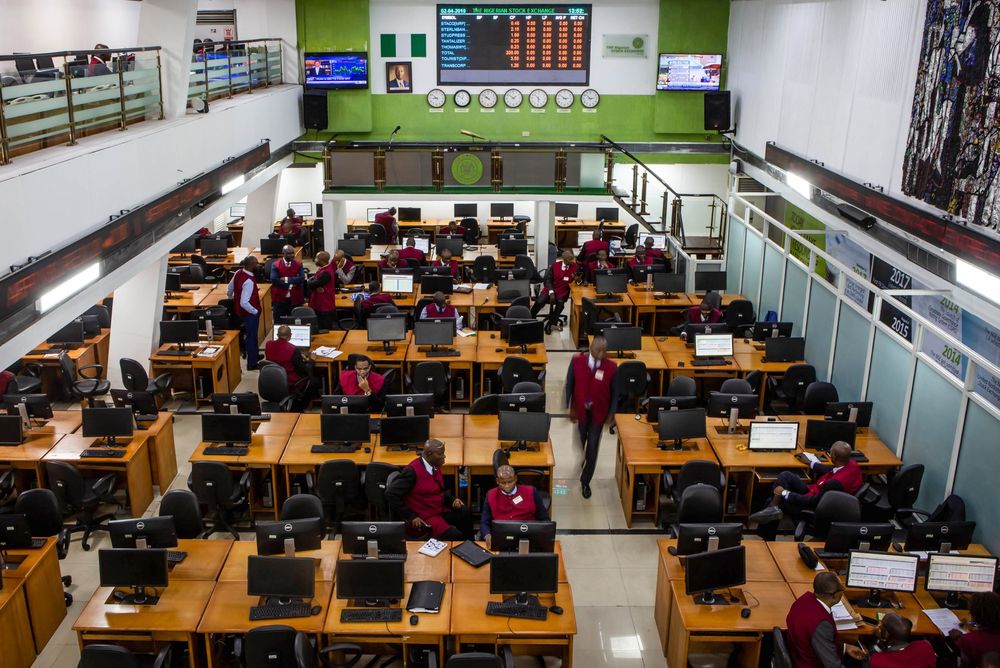A new focus report, produced by Oxford Business Group (OBG) with the African Securities Exchanges Association (ASEA), explores efforts under way to integrate the region’s stock markets, which is gathering pace on the back of growing awareness among key players of the need to build resilience and diversify the investor base.
Titled “African Stock Exchanges”, the wide-ranging study provides detailed analysis of the trends, opportunities and challenges evident across the continent’s financial sector, and its capital markets in particular, in an easy-to-navigate and accessible format, supported by key data and infographics.
The focus report shines a spotlight on the African Exchanges Linkages Project (AELP), which aims to connect stock exchanges regionally and foster both investment and trade, following a pilot phase that involves seven leading exchanges.
The AELP is a joint initiative of ASEA and the African Development Bank, funded by the Korea-Africa Economic Cooperation (KOAFEC) Trust Fund, one of the Bank’s bilateral funds. The project is expected to increase the depth and liquidity of the region’s capital markets, while benefiting from anticipated heightened trade activity under the African Continental Free Trade Area agreement.
The report also tracks the technological advances that have been made across the continent’s larger exchanges and are now being replicated in key smaller markets. The benefits digital solutions offer, which include facilitating the delivery of a larger range of products and services quicker and at a lower cost, are a key focus.
In addition, the report considers the impact on African exchanges of rising demand for more sustainable investment products, analysing moves under way at some of the region’s larger markets, in particular, to sharpen the focus on environmental, social and governance reporting.
Other topical issues looked at include the steps being taken by governments across the continent to improve the regulatory environment, which will be key in positioning exchanges to play a major part in supporting the region’s economic development.
The study also examines the challenges that several of the regional exchanges face in their expansion efforts, which range from limited liquidity and comparatively few listings to minimal participation from retail investors.
The report features 16 case studies, which chart the development of key exchanges across the continent, alongside contributions from a broad range of business leaders.
It also contains a wide-ranging foreword by Félix Edoh Kossi Amenounve, ASEA President,as well as CEO of Bourse Régionale des Valeurs Mobilières (BRVM), in which he discusses the steps needed to increase the part played by the region’s capital markets in Africa’s economic transformation.
“For the most part, African stock exchanges remain modest in size and liquidity, and therefore their contribution to economic development continues to be marginal,” he said. “There is a need to encourage enthusiasm in African securities and address the lack of depth in the market to support major operations; we must supply stock exchanges with more listed companies and boost demand for securities by developing institutional savings mechanisms and mobilising citizens’ savings through concerted efforts at enhancing financial literacy.”
Commenting after the launch, Karine Loehman, OBG’s Managing Director for Africa, said that while exchanges had felt the weight of the pandemic, a recovery was now taking shape, buoyed by advancements in their operating models and an awareness amongst investors of the region’s potential.
“Near-term challenges remain an issue, in part due to the economic situation of individual markets and the impact of external headwinds,” Loehman said. “However, there is a growing realisation among governments, regulators and the international business community of the potential that stock exchanges offer African countries to unlock capital and galvanise intra-regional growth at a time when the continent is poised for a period of major development.”


 Billionaire Watch3 weeks ago
Billionaire Watch3 weeks ago
 Startups4 weeks ago
Startups4 weeks ago
 News4 weeks ago
News4 weeks ago
 News4 weeks ago
News4 weeks ago
 Bitcoin4 weeks ago
Bitcoin4 weeks ago
 Naira4 weeks ago
Naira4 weeks ago
 Forex3 weeks ago
Forex3 weeks ago
 Treasury Bills4 weeks ago
Treasury Bills4 weeks ago


























